NFL Draft Picks That Are Just Plain Ridiculous
The NFL Draft is a spectacle like no other. It’s where hopes and dynasties are built and—sometimes—head-scratching decisions are made. Over the years, we’ve seen teams roll the dice, ignore the odds, and make picks that left fans and analysts wondering, “What were they thinking?” Let’s check out some draft picks that turned heads for all the wrong (or sometimes surprising) reasons.
Mario Williams, Houston Texans (2006)
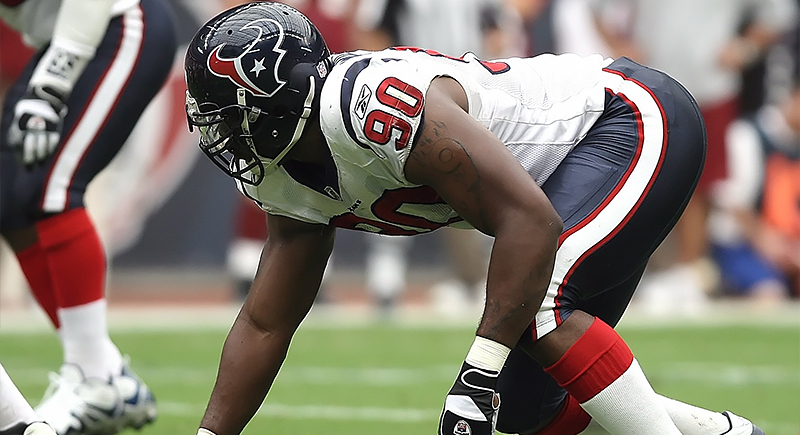
Credit: Wikimedia Commons
In 2006, the Texans shocked the football world by choosing defensive end Mario Williams over Reggie Bush, a running back many believed to be a certain thing. Williams turned out to be a solid player, but it was the process leading up to the draft that made this pick infamous. Houston also bypassed Vince Young, a local hero fresh off an electrifying Rose Bowl performance. Picking a relatively unknown defensive end over two of college football’s brightest stars? Now, that’s a curveball.
Maurice Clarett, Denver Broncos (2005)
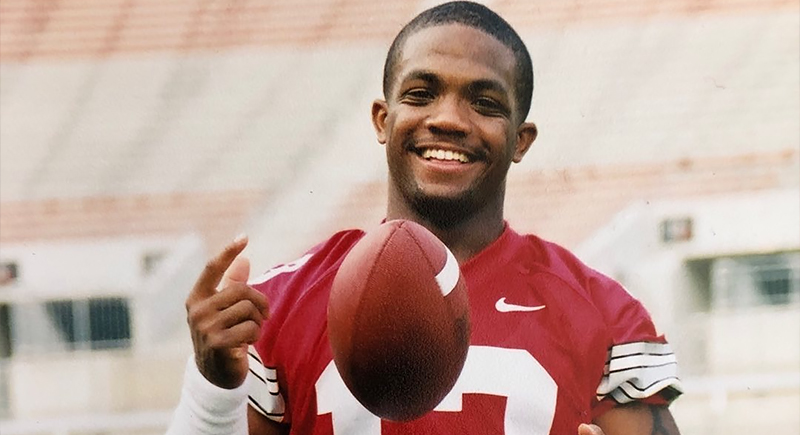
Credit: Instagram
Maurice Clarett’s story is one of potential derailed by circumstance. By the time the Broncos selected him in the third round, he hadn’t played football for over two years. He was also known for his sluggish 40-yard dash times and off-field struggles, another reason why his selection left many scratching their heads.
Tim Tebow, Denver Broncos (2010)
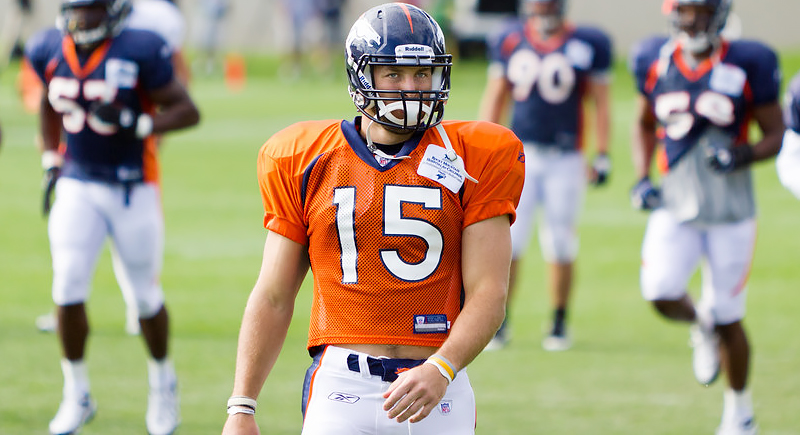
Credit: flickr
Tim Tebow was a college legend, no doubt. But as an NFL prospect? Let’s just say opinions were divided. The Broncos traded up to grab him at 25th overall—a move that stunned even Tebow’s biggest fans. His unconventional throwing mechanics and questions about his ability to succeed at the pro level made this pick feel more like a Hail Mary than a calculated move.
Tyson Alualu, Jacksonville Jaguars (2010)
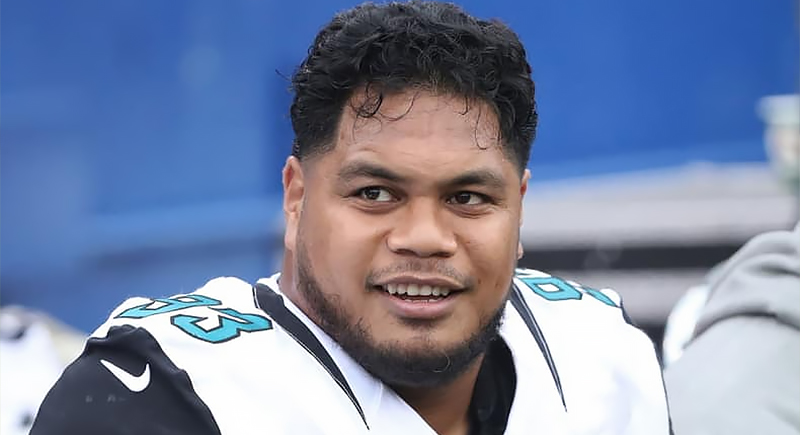
Credit: Facebook
When the Jaguars took Tyson Alualu 10th overall, more than a few saw it as a leap of faith. He was a solid prospect, but most experts had him pegged as a late first-rounder. The Jags passed on players like Earl Thomas and Dez Bryant and left fans wondering if they’d reached too far too soon. Alualu went on to have a respectable career, but at the time, it felt like Jacksonville had skipped a step—or three.
Willis McGahee, Buffalo Bills (2003)
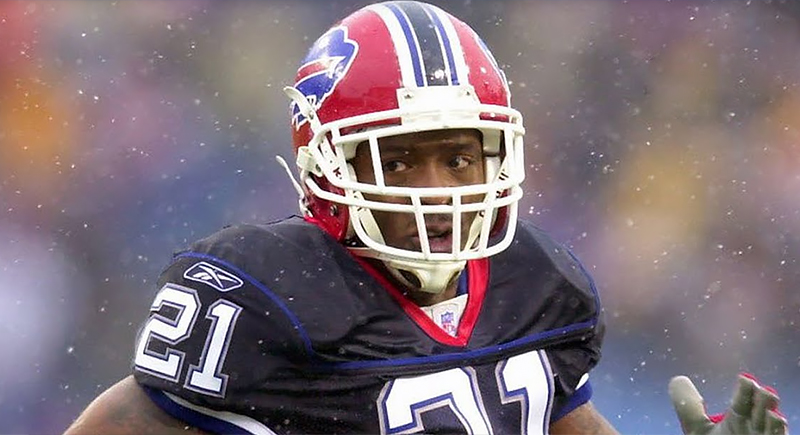
Credit: Youtube
Willis McGahee’s draft story is one for the books. Just months before the draft, he suffered a devastating knee injury that raised doubts about his football future. Still, the Bills rolled the dice, picking him 23rd overall. McGahee spent his rookie year rehabbing but eventually became a productive player. Looking back, this was a gamble that paid off, but it certainly turned heads on draft day.
Jake Locker, Tennessee Titans (2011)
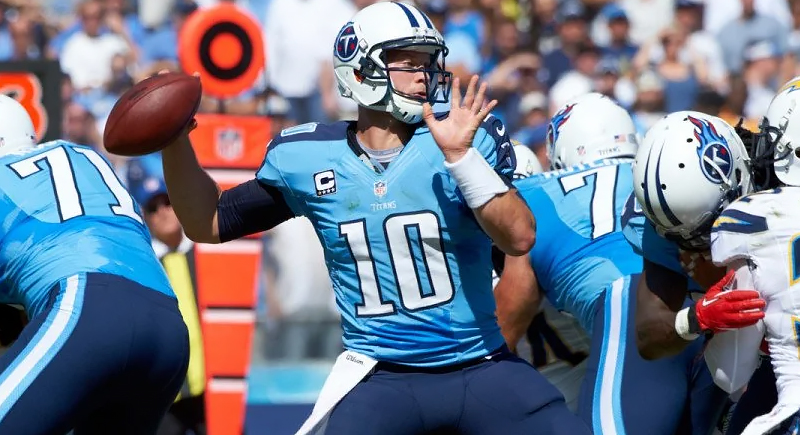
Credit: Reddit
Jake Locker was a bit of an enigma. He had the size, athleticism, and grit, but his accuracy left much to be desired. When the Titans took him eighth overall, ahead of other touted quarterbacks, the pick caught many by surprise. Locker went on to have a career that was plagued by injuries and inconsistency.
Darrius Heyward-Bey, Oakland Raiders (2009)
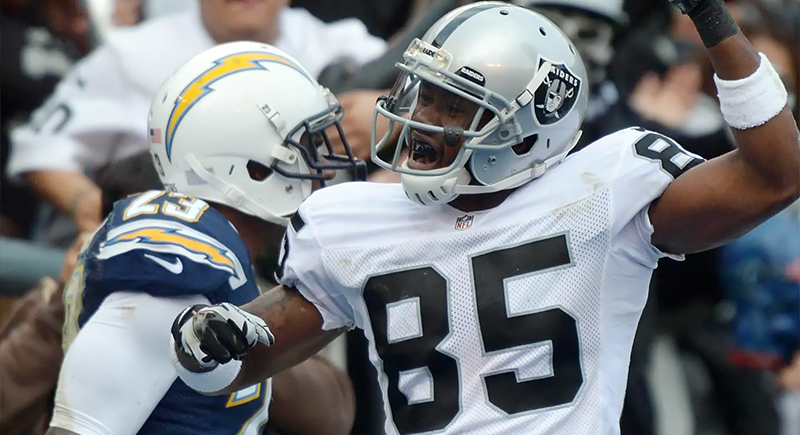
Credit: Reddit
Speed kills—or so the Raiders believed when they drafted Darrius Heyward-Bey seventh overall. Yes, his 4.25-second 40-yard dash was jaw-dropping, but his college stats were less so. With higher-rated receivers like Michael Crabtree and Jeremy Maclin still on the board, this pick felt like classic Raiders: bold, brash, and baffling.
Matt Jones, Jacksonville Jaguars (2005)
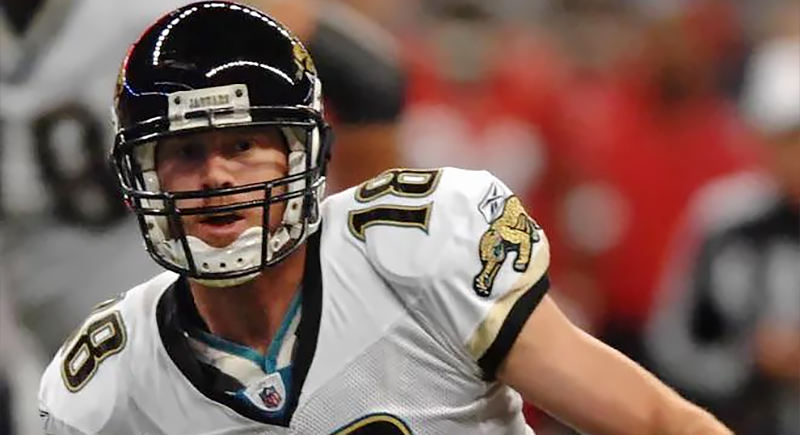
Credit: Reddit
Imagine drafting a quarterback to play wide receiver—sounds wild, right? That’s exactly what the Jaguars did with Matt Jones, a raw but athletic prospect out of Arkansas. At 6’6” with a 4.3 40-yard dash, his potential was tantalizing. But Jones’s transition to receiver was rocky, and his NFL career was cut short by off-field issues.
Mike Williams, Detroit Lions (2005)
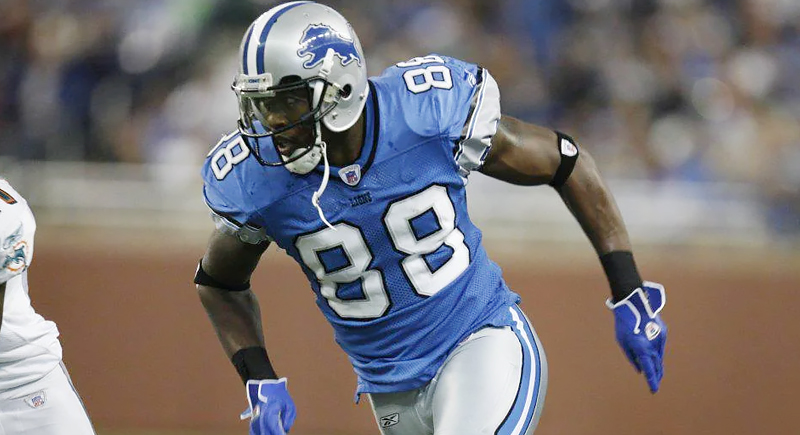
Credit: Reddit
The Lions had a knack for picking wide receivers in the early 2000s—perhaps too much so. Mike Williams was their third consecutive top-10 receiver pick, despite missing an entire college season due to eligibility issues. While his size and skills were undeniable, the Lions’ decision to double (and triple) down on receivers remains one of the more puzzling draft strategies in recent memory.
William Green, Cleveland Browns (2002)
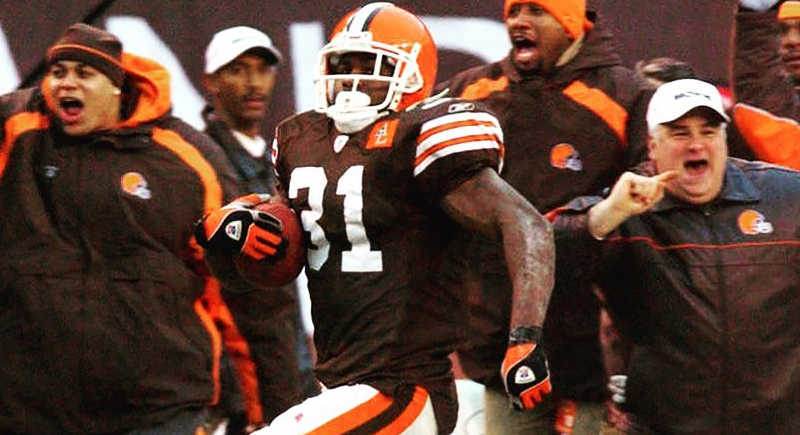
Credit: Instagram
The Browns had a choice between William Green, a running back with off-field issues, and Clinton Portis, who would go on to become one of the league’s most dependable backs. Cleveland went with Green, proving once again that they love a good plot twist.
Spergon Wynn, Cleveland Browns (2000)
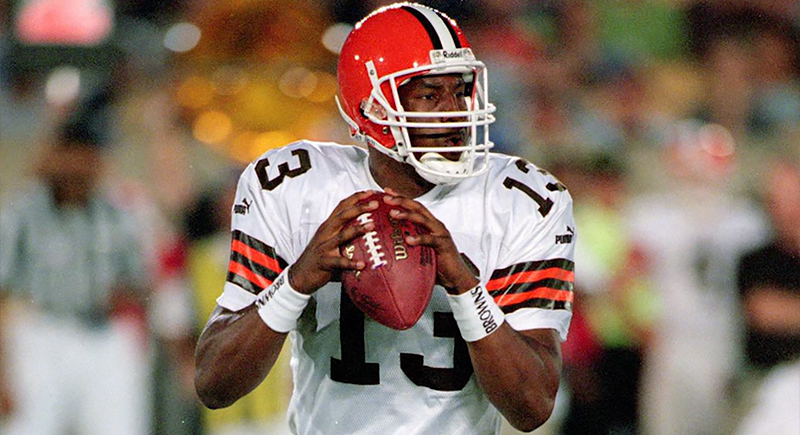
Credit: Youtube
Spergon Wynn is remembered less for his career and more for who was drafted after him: Tom Brady. Taken 16 spots ahead of Brady, Wynn was a surprise pick for a Browns team looking for quarterback depth. Wynn’s career amounted to a few starts and even fewer highlights, while Brady went on to…well, you know the rest. Somewhere, a Browns fan is still shaking their head.
Andre Smith, Cincinnati Bengals (2009)
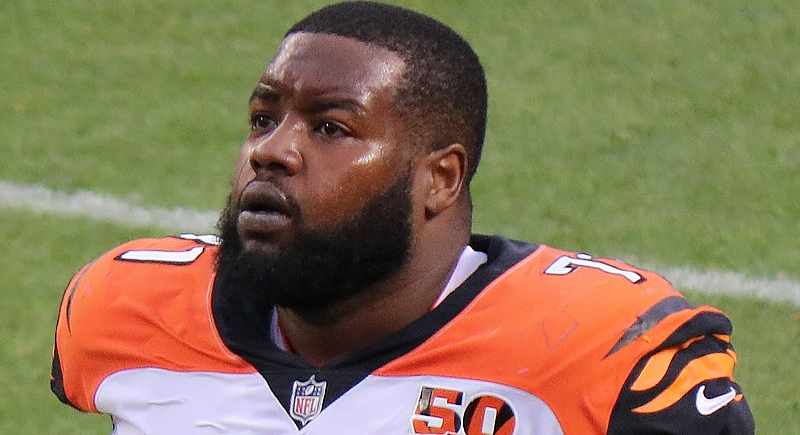
Credit: Wikimedia Commons
Andre Smith’s pre-draft journey was a rollercoaster. From a suspension at Alabama to leaving the combine out of shape, his stock took a hit. But the Bengals still saw enough potential to take him sixth overall. Smith eventually found his footing in the NFL, but the risk surrounding his selection was hard to ignore at the time.
Sebastian Janikowski, Oakland Raiders (2000)
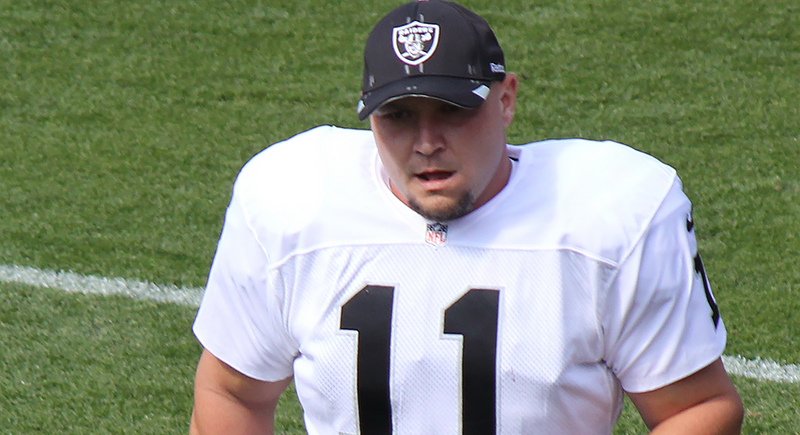
Credit: Wikimedia Commons
Drafting a kicker in the first round is almost unheard of, but leave it to the Raiders to break the mold. Sebastian Janikowski’s talent was undeniable, but spending the 17th overall pick on a kicker raised plenty of eyebrows. To his credit, Janikowski had a long, successful career.
Nick Fairley, Detroit Lions (2011)
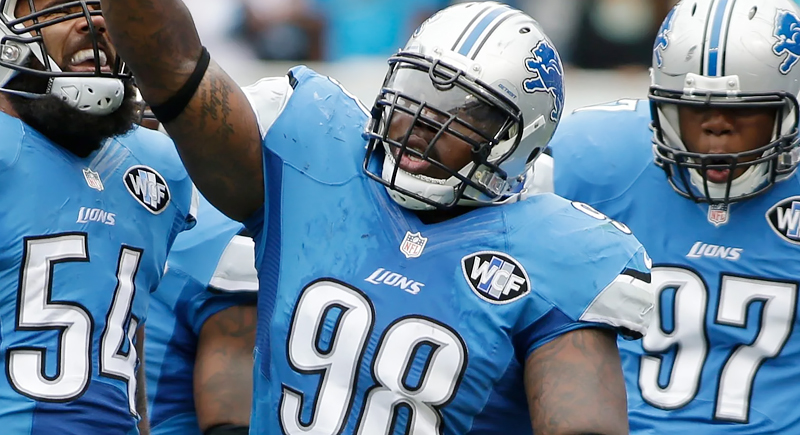
Credit: Reddit
Back-to-back defensive tackles in the first round? That’s exactly what the Lions did when they followed up their 2010 pick of Ndamukong Suh with Nick Fairley in 2011. While Fairley was a dominant force in college, the Lions’ decision to double down on the position puzzled many. The move strengthened their line but left other roster needs unaddressed.
Ted Ginn Jr., Miami Dolphins (2007)
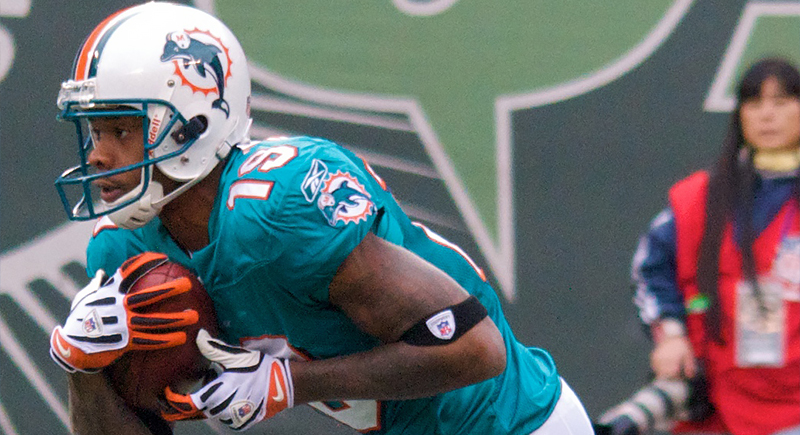
Credit: flickr
Ted Ginn Jr.’s speed was his calling card, but questions about his receiving skills loomed large. When the Dolphins picked him ninth overall, they passed on quarterbacks and other playmakers in favor of a player many viewed as a return specialist.
Trey Lance, San Francisco 49ers (2021)
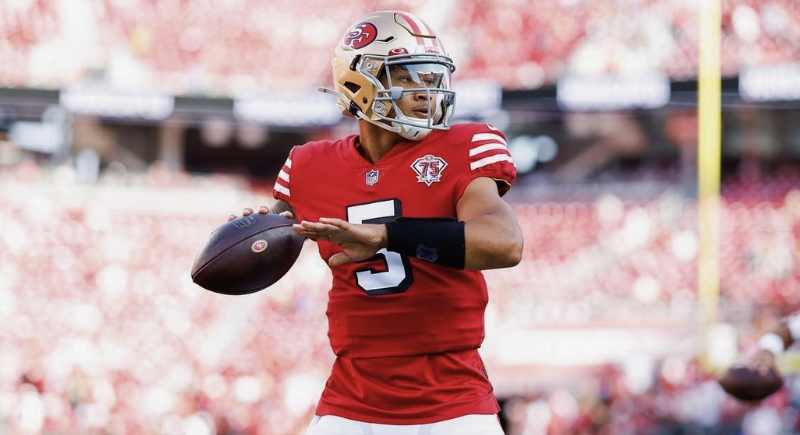
Credit: Instagram
The 49ers traded three first-round picks to move up and draft Trey Lance third overall in 2021. He never claimed the starting job, missing time due to injuries and limited playing time. After only eight appearances, San Francisco traded him to the Dallas Cowboys in 2023, ending a disappointing experiment.
Daniel Jones, New York Giants (2019)
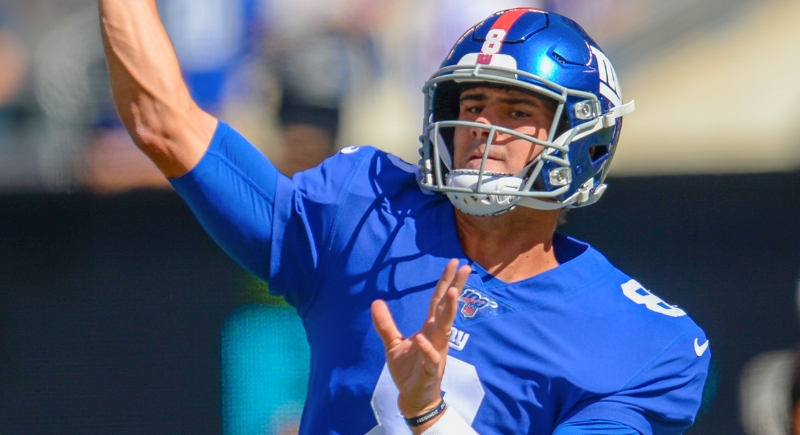
Credit: Wikimedia Commons
The Giants selected Daniel Jones sixth overall in the 2019 NFL Draft. His rookie year was rough. He led the league with 18 fumbles and lost 11. Since then, injuries and inconsistent play, including a torn ACL in 2023, have raised questions about whether he can be a long-term starter.